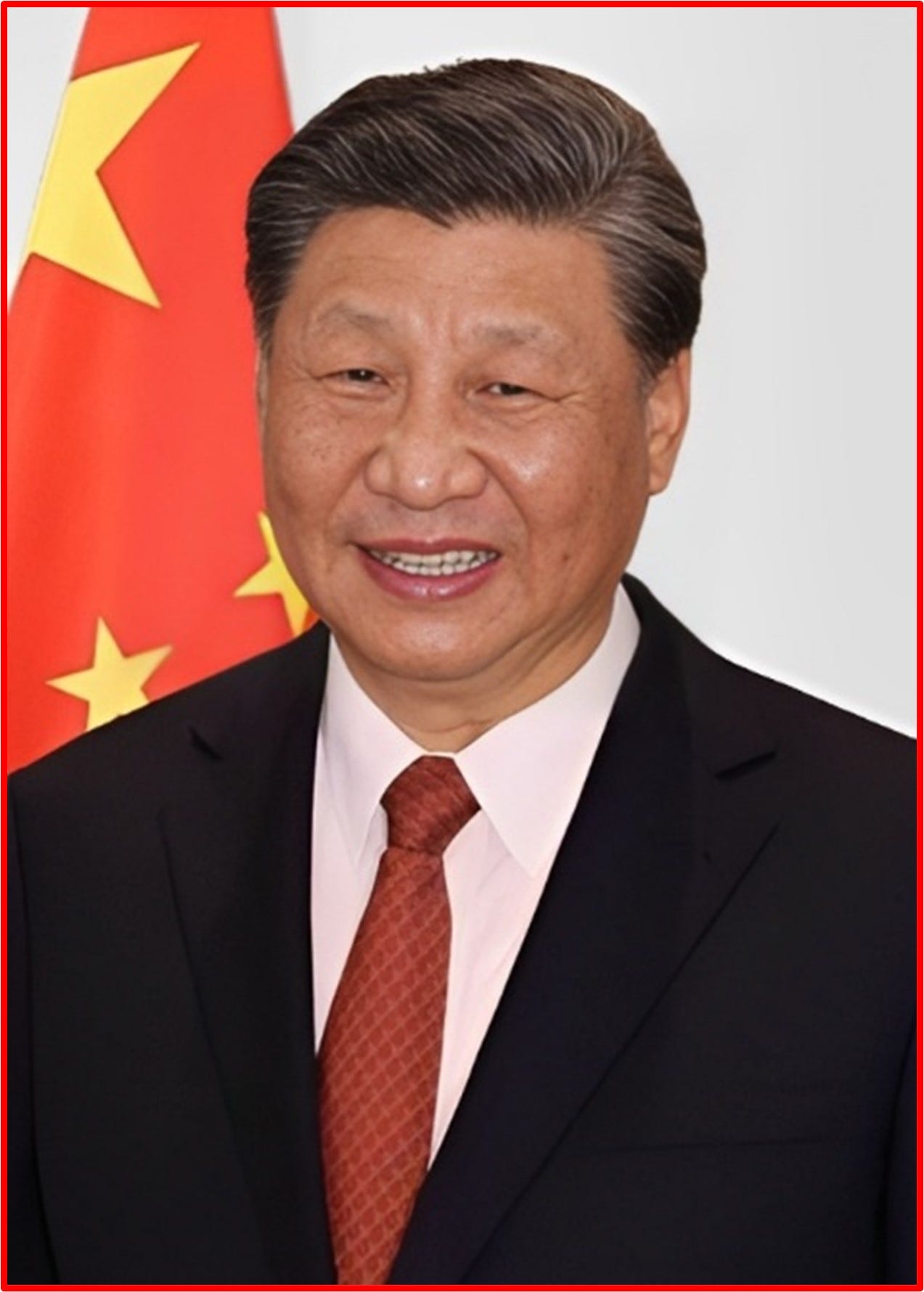Why are we presenting “Summer in China,” our new weekly blog column on Public Health Policy Reviews?
When the coronavirus pandemic hit the United States of America in 2020, government “lockdowns” and “social distancing” requirements designed to control the spread of COVID-19 made it impossible for people to engage in economic activity. Donald Trump’s anger at the prospects of a faltering national economy during an election year influenced him to exploit the mass panic and financial insecurity created by the COVID-19 public health emergency for personal political advantage.
As we reported on April 25th in Public Health Policy Reviews Number 7, former President Donald Trump began using the racist term “Chinese virus” in the US national media in March 2020. Mr. Trump’s political strategy was to shift blame for the spread of the coronavirus and the resultant economic devastation from himself to the country of China.
Unfortunately, Donald Trump’s incendiary language about China in 2020 led to an explosion of xenophobia, racism, and brutal violence against East Asian Americans, migrants, and tourists of Asian descent.
**********
Mr. Trump’s dominance in the national swing-state 2024 presidential election polling over President Joe Biden since 2023 reveals that most Americans have forgotten how bad the public health situation was under the former president.
But we certainly remember the palpable fear, hate, and violence Donald Trump “ginned up” against the Asian and Pacific Islander (AAPI) community. The former president created a public health emergency of racist violence against East Asians in the US – amid the public health emergency of the coronavirus pandemic. Moreover, the policy efforts of Donald Trump and the Republican Party (GOP) to repeal “Obamacare” in the middle of a national pandemic reveals his true lack of concern for American citizens.
These are the primary reasons why reminding people of what happened during the coronavirus pandemic is essential. “Summer in China” will be our cultural education and exchange program to prevent a repeat of the horrific hate and violence against East Asians in 2020.
**********
Chinese President and General Secretary Xi Jinping in 2022. The photo image is courtesy of Wikipedia Commons.
The ongoing economic trade tensions with China are also an international policy subject of concern.
Per our May 15th article on US-Chinese trade policies, President Biden is attempting to politically “outflank” Trump by taking “hard” political trade stances against Chinese imports of electric vehicles, advanced batteries, solar cells, steel, aluminum, and medical equipment. An escalating “war of words” and intellectual property issues was a major signifier of Trump administration diplomacy, eventually leading to a trade war between Mr. Trump and Chinese President Xi Jinping.
Financial and rhetorical wars between countries and cultures almost always lead to violent conflict. Summer, and yes, Summer is her real name – is a social media enthusiast and aspiring photographer from China who recently began posting her work and artistic creations on Instagram. She loves to post about fashion, makeup, and travel.
Summer is a typical Chinese citizen. She lives and enjoys her country’s modern, international culture and its links to a sometimes turbulent yet proud traditionalist past.
**********
Joe Biden will never “out MAGA” Donald Trump when it comes to international trade conflicts with China.
Trump gleefully propagated hate and brutal violence against China and the East Asian American community from 2015 through 2021. In addition, trade wars damage poor and working-class people much more than they hurt the wealthy elites. During Mr. Trump’s trade war with China, the US economy lost nearly 300,000 jobs, many farmers went bankrupt, and the manufacturing and freight transportation sectors hit lows not seen since the 2007-2009 recession.
Of course, Trump exacerbated the recession caused by the 2020 COVID-19 pandemic. Summer is not an economist or social scientist, and neither are we. We are all average citizens sharing news and information about our respective countries, cultures, histories, and everyday lives.
Who knows? Maybe discovering how regular Chinese people live their lives will increase understanding with Americans across oceans, lands, and borders.







